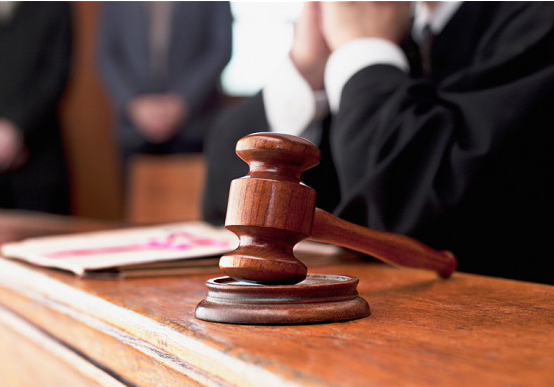
Jun 28, 2018 | News
The ICJ is deeply concerned with the allegations that the former Chief Justice and other officials infringed the freedom of expression and freedom of association of individual judges in South Korea.
The ICJ urges the Republic of Korea to ensure the individual independence of judges in the country.
The ICJ received information that in 2015, the National Court Administration (NCA), under the term of former Chief Justice Yang Sung-tae, submitted proposals to the government of South Korea to create a ‘second Supreme Court,’ arguing that it would assist in relieving the existing Supreme Court with its caseload.
This proposal was met with numerous criticisms from the general public and several individual judges.
Allegedly, judges who criticized this proposal were placed by the NCA under surveillance, both in their professional and personal dealings.
Moreover, they were prevented from joining international conferences and national professional organizations. Some were also either sidelined for promotions or were not given preference for educational opportunities abroad.
On March 2017, during the term of former Chief Justice Yang, the Supreme Court, through the NCA, created an internal committee to conduct an investigation to look into these allegations.
Two other subsequent separate committees were formed to investigate.
Finally, on Mary 2018, under the term of the current Chief Justice Kim Myeong-soo, the latest committee, without releasing a full report, said that it did not find basis to file criminal charges against the NCA and former Chief Justice Yang.
On 18 June 2018, the Seoul Central District Prosecutor’s Office initiated its own investigation into the allegations, including the possibility of filing criminal charges against former Chief Justice Yang and some NCA judges.
The rights of freedom of expression and association of judges is recognized in the UN Basic Principles on the Independence of the Judiciary and other relevant standards, which also provide for appropriate and fair procedures for holding judges to account for misconduct.
In principle, in matters touching on alleged misconduct by a judge related to the discharge of his or her duties, the ICJ considers that international standards and best practices concerning judicial independence and accountability would require at the minimum that a prosecutor seek permission of a judicial council or current Chief Justice, or other similar superior judicial authority, before commencing a formal criminal investigation or proceedings against a sitting judge.
The ICJ calls on the prosecutors’ office to seek such permission and to take steps to demonstrate that it will remain impartial and independent in the conduct of its own investigation.
The ICJ also calls on the Supreme Court to initiate a new investigation of its own, including to consider the issues from a judicial professional conduct perspective.
Finally, the ICJ urges the Supreme Court to ensure that interferences into the individual independence of judges in South Korea would never happen again.
Contact
Emerlynne Gil, ICJ Senior International Legal Adviser, t: +662 619 8477 (ext. 206) ; e: emerlynne.gil@icj.org
South Korea-Independence of Judges-News-Web Story-2018-ENG (full story in PDF)
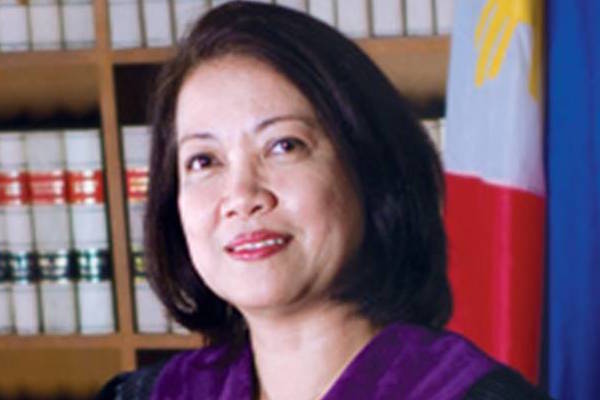
May 30, 2018 | News
As Chief Justice Maria Lourdes Sereno filed a motion today to reconsider the Supreme Court’s 11 May 2018 decision to remove her from the Court, the ICJ expressed its grave concern that the proceedings in the case had contributed to an overall deterioration in the rule of law in the country.
Sereno’s removal comes on the heels of a series of public statements by President Rodrigo Duterte attacking the Chief Justice, including direct threats to seek her removal from the Court.
The ICJ and other national and international observers have repeatedly and publicly condemned these attacks.
Her removal, through the contrivance of a judicial ruling by a sharply divided Court, adds to the perception that the government institutions are unable or unwilling to safeguard the rule of law, and will attack the institutions that protect it.
“Preserving the independence of the judiciary in the Philippines is crucial at a time when the government is credibly alleged to have been engaged in widespread and systematic human rights violations, amounting to crimes under international law,” said Frederick Rawski, Asia Pacific Director for the ICJ.
“Given the perception of political interference and the potential impact of this case on the credibility of the judiciary as a whole, it is imperative that the Court swiftly and fairly consider the Chief Justice’s motion for reconsideration,” he added.
The removal decision came in response to a quo warranto petition filed by the Solicitor General, the government’s foremost counsel.
The petition sought to nullify her appointment on the grounds that she had failed to comply with disclosure requirements, despite the fact that her qualifications had already been certified as sufficient by the Judicial and Bar Council when her name was included in the short-list submitted to the president for consideration.
The decision superseded ongoing impeachment proceedings in the Congress.
The ICJ raised concerns that the decision could open the floodgates to similar attacks, not only against members of the Court, but to members of the judiciary and other bodies, such as the Philippine Commission on Human Rights.
It called on the Supreme Court to take care to ensure that any proceedings are conducted in line with the highest standards of judicial ethics, as reflected in the international standards such as the Bangalore Principles of Judicial Conduct.
The ICJ also reminded the government of the Philippines that under international standards – including the UN Basic Principles on the Independence of the Judiciary – the judiciary, including individual judges, must be able to conduct itself without “improper influences, inducements, pressures, threats or interferences, direct or indirect… for any reason.”
It is a responsibility of both the judiciary and the political branches of government to ensure that this principle is respected.
Contact
Emerlynne Gil, Senior International Legal Adviser for Southeast Asia, t: +662 619 8477 (ext. 206) ; e: emerlynne.gil@icj.org
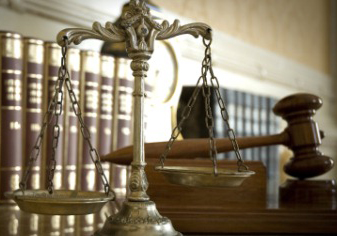
May 30, 2018 | Advocacy, Non-legal submissions
The ICJ today made a submission for an upcoming report by the UN Secretary General on recent developments concerning human rights in the administration of justice.
In 2016, the UN General Assembly requested the Secretary General “to submit to the General Assembly at its seventy-third session a report on the latest developments, challenges and good practices in human rights in the administration of justice, including on efforts to ensure equal access to justice for all through the independent, impartial and effective administration of justice, and on the activities undertaken by the United Nations system as a whole”.
The UN is in the process of preparing the report, which will cover developments during the last two years since the previous report of the Secretary General.
The ICJ’s submission can be downloaded in PDF format here: UN-GA-AdminJustice-2018
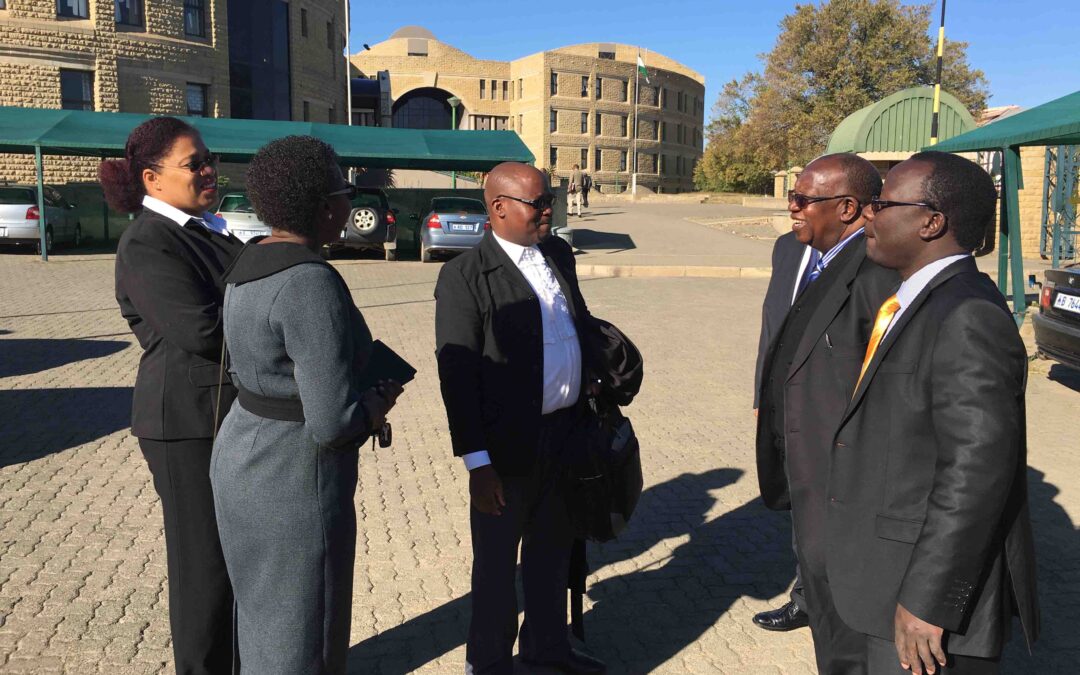
May 15, 2018 | News
The Africa Judges and Jurists Forum (AJJF) and the ICJ today called on the authorities in Lesotho to guarantee the independence of the judiciary and to immediately take all legal and administrative measures necessary to make the Court of Appeal function independently and impartially.
The call came as the AJJF and ICJ concluded a 5-day Fact Finding Mission to Lesotho (7-12 May 2018).
The mission emphasized the importance of the Lesotho authorities ensuring that the constitutional and legal framework on the selection, appointment and tenure of judges and the actual practices conform to the international obligations of Lesotho pursuant the international human rights treaties to which it is party, as well as other applicable international standards.
“During our mission we were troubled to discovered that the Court of Appeal has not sat in the past two of its scheduled sessions and with the current impasse we are concerned that it may not convene anytime soon,” said Retired Chief Justice Othman Chande of Tanzania who led the AJJF/ICJ mission.
“We also found that the Prime Minister had initiated a process that may result in the impeachment of the Chief Justice under controversial circumstances,” he added.
The AJJF and the ICJ have been concerned for a number of years about threats to judicial independence in Lesotho.
The ICJ carried out a fact finding mission in 2013 exposing and evaluating some of these concerns. The report of the mission contained specific recommendations.
The AJJF and the ICJ are concerned that most of the recommendations that were made to address structural issues to do with guaranteeing the independence of the judiciary at law and in practice have not been implemented or otherwise addressed.
The appointment of the Chief Justice and the President of Court of Appeal is made by the King on the singular advice of the Prime Minister.
Any impeachment of the Chief Justice and the President of the Court of Appeal is also initiated by the Prime Minister.
These arrangements do not comport with international standards and give rise to the perception that the appointment of judicial officials and any impeachment action against them will be politically motivated.
This has also lead to friction or strong perception of friction between the Executive and the Judiciary in a deeply polarized society.
The appointment process of the President of the Court of Appeal has been subject to prolonged political dispute and litigation that has resulted in a leadership vacuum at the appex court that has made it dysfunctional.
The result is that all litigants who expect justice from the Court of Appeal have years of waiting before they can get their matters resolved.
While the case challenging the appointment of an acting President of the Court of Appeal is presently set down for hearing at the High Court in the coming weeks, it is not clear that this adjucation will conclude the legal process and pave way for the appointment of the acting President of the Court of Appeal.
The appointment of ordinary judges of the High Court is done by the King on the advice of the Judicial Services Commission (JSC), which is chaired by the Chief Justice chairing a panel of only four people comprising the Chief Justice herself, Chairperson of the Public Service Commission, the Attorney General and one Judge.
All these officials are effectively appointed by the Prime Minister or closely work with the Chief Justice, resulting in an appointment process of judges of the High Court that lacks transparency and is perceived as open to cronyism.
“It is important that the legal profession and the judiciary speak strongly in defence of independence of the judiciary, but currently the legal profession is deeply divided, distrustful and polarized,” said Retired Chief Justice Sakala (Zambia).
“It is therefore important that a practice of regular bar-bench dialogue be initiated to reduce toxic relations that are being exploited to undermine judicial independence,” he added.
The broader reforms that were recommended by the SADC Commission of Inquiry to strengthen governance in Lesotho have not been wholly implemented.
The country needs broad reforms including in the judicial sector, but these reforms have been threatened or at least slowed down significantly by the instability in the successive coalition governments that make it impossible for the reforms to be carried out when the country is in a constant electoral mode.
The AJJF/ICJ mission hopes that the ongoing efforts to impeach the Chief Justice will fully respect her right to a fair hearing as stipulated in international obligations binding on Lesotho and that such efforts will strengthen rather than weaken the rule of law in an already fragile environment.
A report of the mission will be published and made publicly available.
Lesotho-End of Mission statement-News-2018-ENG (full story, in PDF)
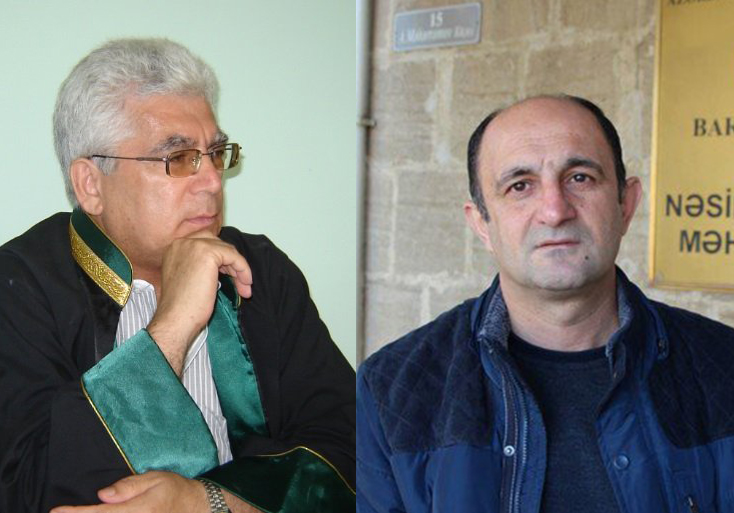
May 7, 2018 | News
The ICJ today denounced the decision of the Presidium of the Azerbaijan Bar Association, of 23 April 2018, to suspend the licences of two Azerbaijan human rights lawyers Asabali Mustafayev (photo, on the left) and Nemat Karimli (photo, on the right).
The ICJ called on the Presidium to reverse their decision and allow the lawyers to resume their practice.
It stressed that disciplinary proceedings pending against the lawyers should be immediately terminated.
The ICJ said that the decision of the Presidium was contrary to international standards on the role of lawyers including the right to freedom of expression as guaranteed under international law.
The ICJ understands that the proceedings against the two lawyers, initiated following a submission of the Deputy Prosecutor General, were related to the critical statements made by the lawyers in the media, regarding high profile criminal cases.
Nemat Karimli, had stated in media interviews that his client Afgan Mukhtarli, an opposition activist convicted on charges of smuggling, had been illegally and forcibly transferred from Georgia to Azerbaijan and that his life could be at risk if he was returned to Azerbaijan.
The lawyer also complained of excessive searches and being prevented from communicating in private while visiting his client in detention.
The disciplinary proceedings against Asabali Mustafayev relate to allegations he made on social media that the prosecution of politician Gozal Bayramli, on a charge of smuggling, was politically motivated.
Both lawyers were charged with spreading false statements and slanderous information about investigative authorities.
The submission of the Prosecutor to the Bar Association, on 25 October 2017, alleged that lawyers Nemat Karimli and Asabali Mustafayev in their interviews to the media had “politicized” the criminal cases of Bayramli and Mukhtarli, tried to mislead the public and slandered investigative authorities. According to the information provided by the lawyers, no evidence had been attached to this submission.
Instead, the Disciplinary Commission collected evidence to submit to the Presidium of the Bar Association, which subsequently suspended the licence of the lawyers.
Furthermore, the lawyers state that, contrary to what is required by the Law on Lawyers and Advocates Activities, they have not received a copy of the opinion of the Disciplinary Commission submitted to the Presidium of the Bar Association.
The ICJ is concerned that the suspension of the lawyers’ licences, for comments which drew attention to possible violations of human rights, may violate the lawyers’ right to freedom of expression.
These comments appear to be within the bounds of lawyers professional responsibility to protect their clients in every appropriate way (UN Basic Principles, principle 13(b)).
The right to freedom of expression is protected under international treaties to which Azerbaijan is a party, including by Article 19 of the International Covenant on Civil and Political Rights (ICCPR) and article 10 of the European Convention on Human Rights (ECHR).
The UN Basic Principles on the Role of Lawyers specify that lawyers “…have the right to take part in public discussion of matters concerning the law, the administration of justice and the promotion and protection of human rights …”.
The European Court of Human Rights has emphasized that lawyers are entitled to comment in public on the administration of justice, provided that their criticism does not overstep certain bounds, based on principles of dignity, honor, integrity, and respect for the fair administration of justice.
The ICJ emphasizes that protection of lawyers’ freedom of expression, in particular as regards issues of the rule of law and the administration of justice, is not only important to the individuals in question, it also serves as an important safeguard for the protection of human rights.
Where lawyers are subject to disciplinary sanctions for such statements, the role of lawyers in upholding the rule of law in the administration of justice is undermined.
The ICJ therefore calls on the Azerbaijan Bar Association to lift the disciplinary sanctions that would unjustifiably interfere with lawyers’ freedom of expression.
The ICJ also calls on the Azerbaijan Bar Association to ensure that the lawyers subject to disciplinary proceedings obtain a copy of the opinion to be able to prepare their arguments and defence.
Background
Asabali Mustafayev represented Gozal Bayramli who was found guilty and sentenced to three years in prison for smuggling €12,000 ($13,400) in cash. Mustafayev had expressed his opinion about the arrest of Gozal Bayramli in his social media profile, alleging that it was politically motivated. He stated that when he shared this opinion he was not yet engaged as Gozal Bayramli’s lawyer.
Nemat Karimli represented Afgan Mukhtarli, an opposition activist based in Tbilisi, who was convicted of smuggling € 10,000, illegally crossing the border and resisting police arrest and was sentenced to six years in prison. Karimli in an interview stated that Mukhtarli was taken to Azerbaijan illegally and called on the Georgian authorities not to hand him to Azerbaijan authorities since it might endanger Mukhtarli’s life.









